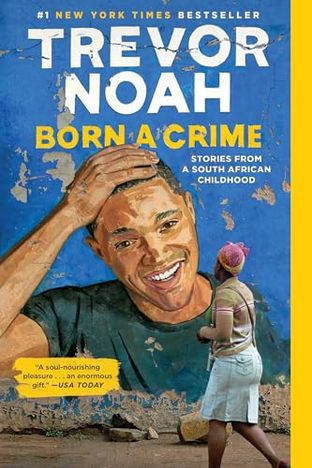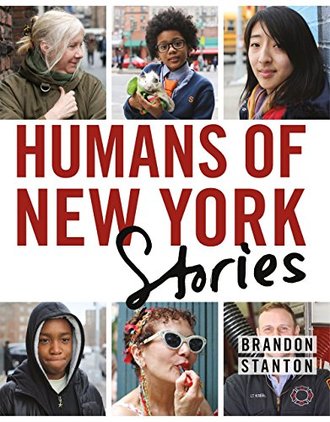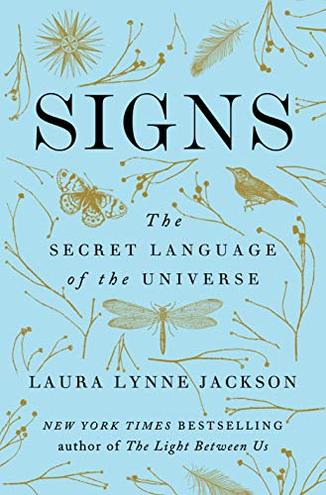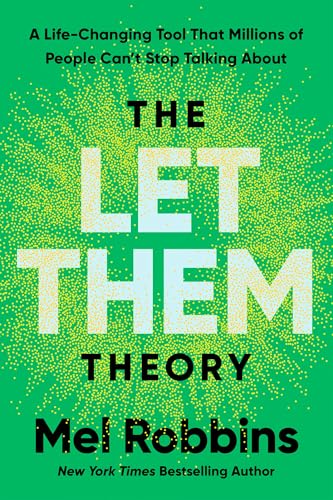Review of Born a Crime
by Johny McFliggen, PhD Literature & Business, Oxford
In the literary landscape of memoirs, "Born a Crime" by Trevor Noah stands as a singular beacon, illuminating the intricate tapestry of apartheid South Africa through a lens that is both intensely personal and broadly resonant. Here is a narrative that draws you in not merely with its subject matter but with the deftness of its delivery, reminiscent of a jazz musician who understands the power of both the notes and the silences between them.
Trevor Noah, much like an alchemist, transmutes the harrowing absurdities of apartheid into stories that shimmer with humor and humanity. His upbringing as a biracial child in a society where his very existence was criminalized forms the crux of this memoir. With each essay, Noah navigates the labyrinthine social structures of race and identity with a wit that feels as sharp as it is empathetic. This isn't just a recounting of events; it's an exploration of the psychological landscapes shaped by systemic oppression.
Noah's narrative voice is strikingly reminiscent of James McBride's in "The Color of Water," where identity and belonging are dissected with both tenderness and candor. Yet, where McBride leans into lyrical introspection, Noah opts for a comedic dissection that slices cleanly through the layers of racial absurdity. It's a balancing act worthy of the finest tightrope walkers—and Noah performs it without a net.
The episodic nature of "Born a Crime" might initially strike one as lacking in depth, but this structure is, in fact, its strength. It mirrors the fragmented reality of living in a world where every moment is punctuated by the unpredictable whims of apartheid. It's as if Noah has taken a page from Jeannette Walls' "The Glass Castle," crafting vignettes that are both self-contained and interwoven, each story building upon the last to create a mosaic of resilience and defiance.
One cannot discuss "Born a Crime" without acknowledging the indomitable presence of Patricia Nombuyiselo Noah, Trevor's mother. Her influence looms large, embodying a formidable spirit akin to that of Mary Karr's mother in "The Liars' Club." Patricia's fierce love and unwavering moral compass provide the bedrock upon which Noah's world was built—a world where language and humor become tools for survival.
Critics have lauded Noah for his ability to blend humor with gravity, an art form perfected by the likes of Richard Pryor and Chris Rock, yet imbued here with a distinctly literary quality. It's no surprise that the memoir earned accolades such as the James Thurber Prize for American Humor, positioning Noah not merely as a comedian but as a storyteller of profound depth.
In sum, "Born a Crime" is not just another memoir on race; it's an essential exploration of identity and resilience framed through the eyes of one who lived at the intersections of race and legality. Trevor Noah has crafted a work that transcends its genre, offering insights that are as enlightening as they are entertaining. For anyone seeking to understand the complex dance of identity within oppressive systems, this book is not just recommended—it is required reading.
Purchase Link: Born a Crime on Amazon



